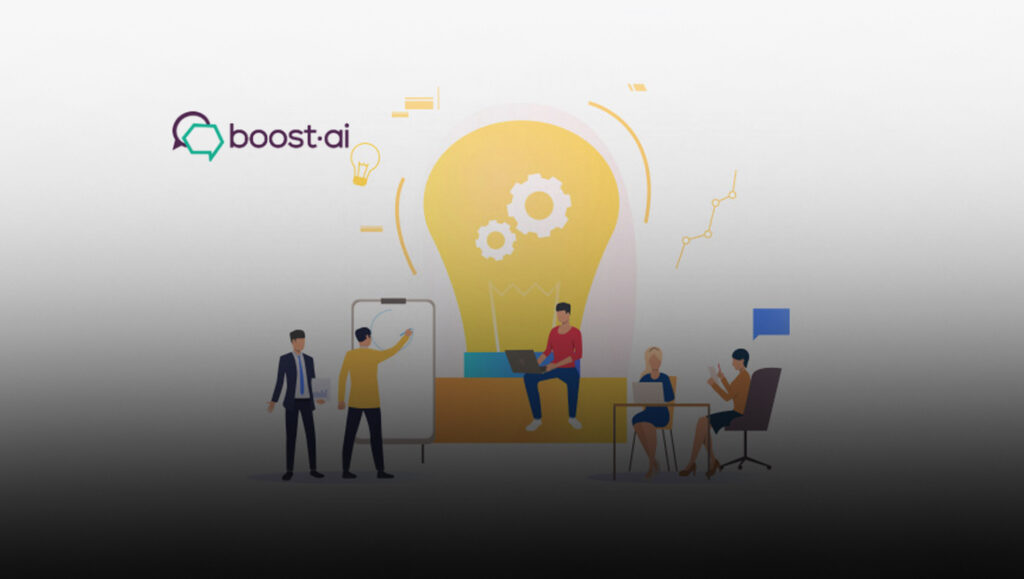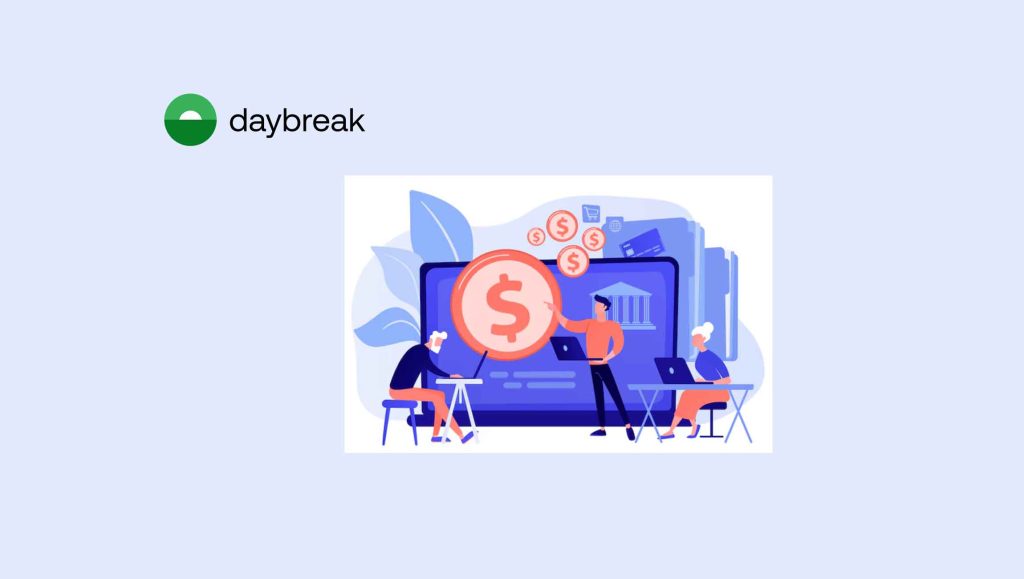Glia Customers Can Use Boost.ai’s Proprietary AI to Build Virtual Agents That Coordinate Across Messaging, Voice, Video and Social Media for Enhanced Customer Engagement
Boost.ai, a global leader in artificial intelligence for Fortune 1000 companies, has announced a partnership with Glia, a leading provider of Digital Customer Service, to integrate Boost.ai’s conversational AI platform into Glia’s AI management platform, which allows organizations to use any development framework to develop virtual agent intents, entities, and conversational phrases, with pre-built capabilities.
Read More: SalesTechStar Interview With Greg Harbinson, Group Strategy Director At Centerline Digital
The integration means Glia customers can build AI-powered self-learning virtual agents using Boost.ai’s proprietary technology and deploy them on Glia’s front-end. Boost.ai virtual agents can then be orchestrated with other teams of bots and touch points by the Glia platform as consumers are guided through a digital experience.
“Self-learning AI from Boost.ai makes it possible for Glia’s customers to create specially developed and finely tuned virtual agents that are even more valuable when coordinated by the Glia platform throughout the course of a customer engagement,” said Henry Iversen, co-founder and CCO at Boost.ai. “This might involve filling out a loan application or opening a new bank account, where seamless transition between channels including social, SMS, webchat, and voice is assistive to both customers and agents alike.”
Glia’s Digital Customer Service platform is a communications and collaboration solution that enables virtual agents to connect with customers and seamlessly communicate with them through whichever channels they prefer, including messaging, video banking and voice, and guide them using CoBrowsing. This is all managed through a single interface, providing a consistent customer view across all channels while maintaining the same conversation and context even when transferred to a different virtual or human agent.
“Leading financial institutions have recognized that incorporating more modern technology like AI into their customer service strategy enables them to improve the customer experience while boosting efficiencies , ” said Justin DiPietro, COO and co-founder of Glia. “By leveraging Boost.ai’s self-learning conversational AI within Glia, our customers gain a powerful tool to help them create a positive impression across every channel and provide stronger, more personalized customer service.”
Read More: Digital Leapfrogging: Is Your Online Business About To Get Jumped?
Boost.ai’s conversational AI helps Glia customers achieve the right balance between speed and accuracy through self-learning agents that are built on relevant information, conversation history, and predictive analytics. The result is decreased fragmentation in customer communication which increases open and conversion rates, reduces overall customer support costs, and lowers query handling time in contact centers. Glia customers can access Boost.ai’s unique self-learning virtual agent technology alongside complementary AI development tools from major players including Google Dialogflow, IBM Watson, Microsoft Bot Framework, and Amazon Lex.
Firms in the financial services and insurance markets use AI-driven virtual agents from Boost.ai to provide the most accurate answers to first-response questions, even as policies, people, and products shift. Boost.ai’s agents also tap into data intelligence to route inquiries to appropriate live-human agents, and to make second-line recommendations about how to handle issues or identify problems when a hand-off occurs.
Read More: Metadata.Io Named Leader In G2 Account-Based Advertising Software For Summer 2020 Report





















